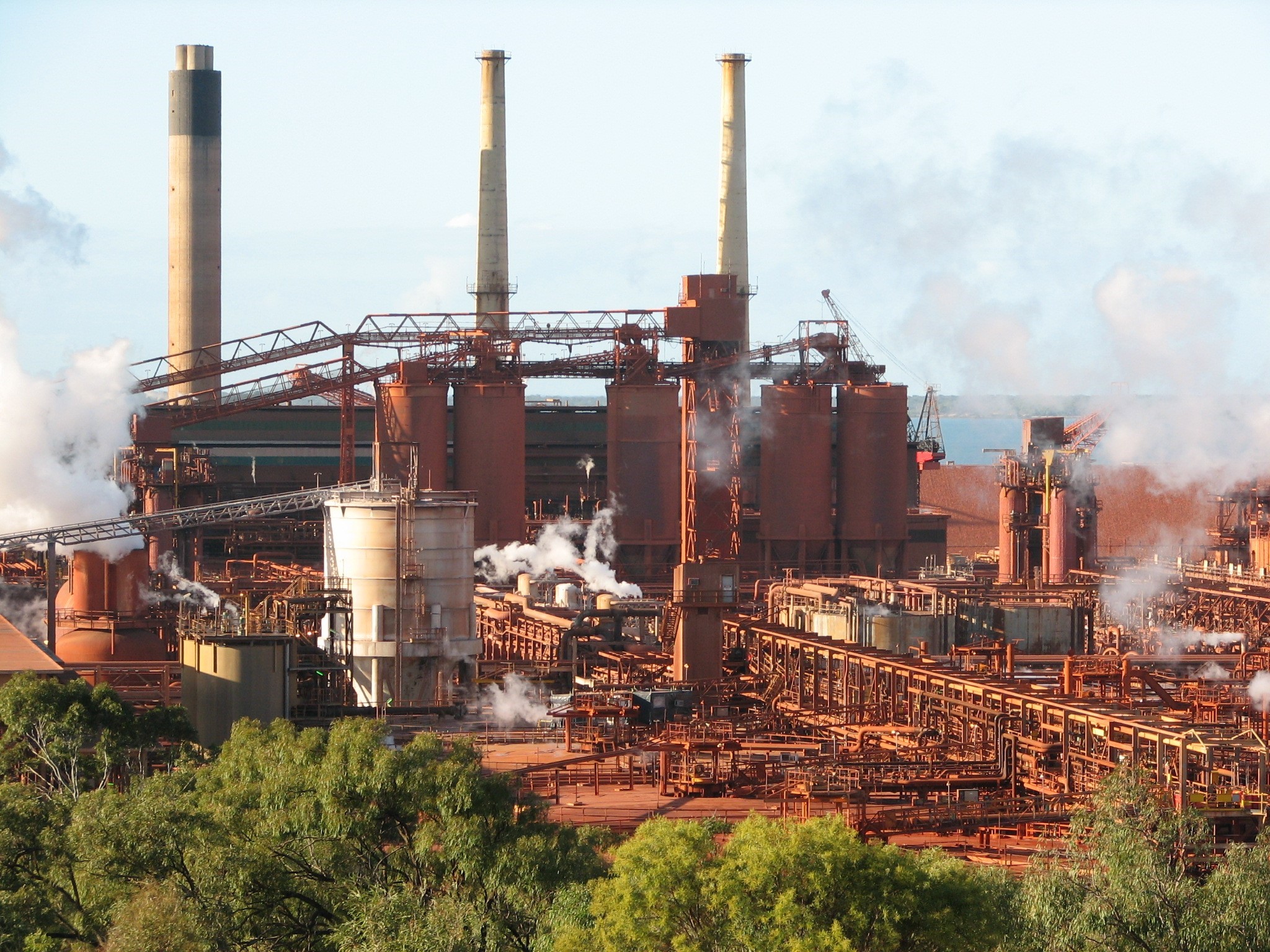

The Gladstone power plant enjoying subsidies has been a recurring cause of concern for the federal government’s coal price cap compensation talks with Queensland. According to sources, the central Queensland power plant proprietors, Rio Tinto and its partners, are about to accept US$450 million to suffice the temporary price cap of US$125 per tonne.

The low price cap was strategically introduced to combat the rising power prices. The federal government and Queensland will divide in half the compensation amount to be paid under the agreement, which was signed during the national cabinet earlier in December.
Aligned with the ongoing negotiations, the Queensland government has claimed that US$450 million would stay “in the ballpark”.
The Gladstone power plant is one of the two generators owned by the private market. Its primary activity is yielding power for Rio Tinto’s aluminium smelter, which has its placement in Gladstone.
But in May 2021, a tremendous explosion occurred at the state-owned Callide power plant decimating one of its generators and creating a fault in the other. This led to a power crunch in the area as Gladstone could not produce the required level of power in the region. Since then, the plant has been serving the local power grids. Rio Tinto, a major partner, is also the most significant customer of the plant’s generated power.
And as a Queensland associate claimed: “That makes for some funny incentives when it comes to Gladstone.”
The federal government’s energy bill received heavy support from the Australian political party, Greens, except for the point where fossil fuel companies are being allotted huge compensations. Adam Bandt sounded quite adamant when he declared his party would oppose any future protocols that permit the above choke point.
“In a cost of living crisis, Labor should be helping people, not big corporations,” Bandt exclaimed, adding: “This money could be used to stop people’s power bills rising at all, and then recouped by a windfall tax on coal and gas corporations.”
“Not a single dollar of public money should go to [them],” Bandt insisted.
“Labor must come clean about how much public money they are giving to coal and gas corporations,” he concluded.
Rio Tinto and its partners for the Gladstone power generation would not receive any compensation until the price cap is persistently visible. With the Callide generators healing in May 2023, the power deficiency is about to wither away.
Moreover, the mining lobby has erupted with anger at Queensland for elevating its coal royalty costs while supporting the coal price cap. The federal government is also facing massive retaliation due to the temporary price caps, especially from the gas sector.
The price cap was standardised earlier this month. Discussions to set a non-transferable code of conduct for the gas industry are prevalent, with ideas to implement it by next year.
Responses








